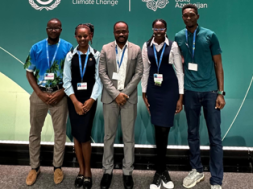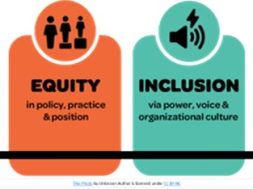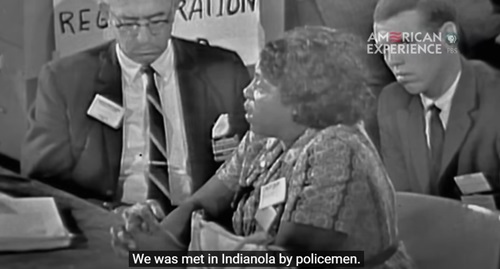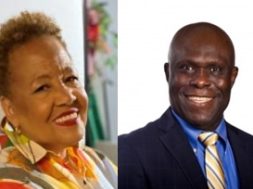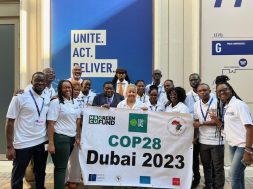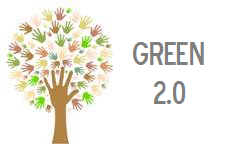
Green 2.0 Reports Lack of Transparency about Diversity by Major Environmental Funders, While Many Smaller Foundations Disclosed Data
Washington, D.C. — Green 2.0 announced that one year from their initial call for transparent diversity data – and months after the Presidents of the Bullitt, Ford, Hewlett, Kresge, Rockefeller Brothers Fund, and Wilburforce Foundations jointly echoed the need for data sharing by environmental funders – a majority of the 40 biggest funders of environmental work declined to share diversity data on their GuideStar profiles. Green 2.0 reports that many funders outside of the top 40 disclosed their employee and board information. This summer, the six foundation presidents co-signed a letter urging their peers to upload data by August 15. The deadline was extended to September 15, 2015.
“Data matters,” said Robert Raben, Founder and President of Green 2.0. “Presidents and Chairs of the Board of these key environmental funders lead by example when they share this information. Accurately tracking the state of diversity in the movement is the first step toward improving. Notwithstanding a long lead time and outreach from Green 2.0, we are still seeing a low rate of transparency across the sector. I do, however commend the 12 large funders and the many smaller foundations that have taken this critical first step towards openness as we work together to make sure our largest environmental organizations are truly diverse and inclusive. It’s time for the whole sector to follow this lead and provide data.”
Green 2.0 has released an interactive infographic highlighting which foundations shared or declined to release their data. Also noted is whether organizations have diversity committees, managers, and/or plans in place. This data is the first time in the history of the movement that organizational level data is being made available in real time on a national scale.
Rip Rapson, President of the Kresge Foundation, and one of the six foundation presidents who amplified the Green 2.0 call for transparency last summer, wrote in a San Francisco Chronicle op-ed out yesterday, Nov. 8: “I wish I could report that [this call] has lit a fire under environmental funders[.] [R]eporting is a modest first step in bringing genuine diversity to the mainstream environmental movement. But it is an indispensable one[.] ‘Closed clubs’ in any segment of our society should be relics of the distant past, and especially so in a movement with such high ideals for creating a better and more healthful world.”
California Senate President pro Tempore Kevin de León (D-Los Angeles), regarded nationwide as a leader on environmental issues, commended Green 2.0’s transparency effort and urged wider participation: “Our fight against climate change has to enlist communities most vulnerable to environmental impacts and we have to work together to democratize access to clean energy for everyone, regardless of their zip code,” said Sen. De León. “I applaud the funders who responded to the call from their peers and shared their data on diversity. It is unfortunate that a majority of the largest environmental funders opted not to participate in this historic effort and I encourage them to embrace these efforts to ensure that their mission and the leadership of organizations they fund are inclusive. Latinos, African-Americans, and Asian-Americans have consistently demanded action to tackle environmental issues. The mainstream environmental movement must reflect the diversity of our nation if we want to succeed and curtail the harmful pollutants our children breathe into their lungs.”
Danielle Deane, Executive Director of Green 2.0, noted, “One cannot tell whether diversity efforts are working without data. Communities of color are hardest hit by environmental pollution, and are often the most supportive of stronger environmental policies. So it is troubling that so many of the biggest funders influencing the movement’s strategies are slow or even silent in response to the call to improve diversity and inclusion among the sector’s leadership”
For quotes from other leaders in the field, click <a href=”https://t.e2ma.net/click/zchyk/vpkati/7yj5fe”>here</a>.
In July 2014, Green 2.0 released & Sate of Diversity in Environmental Organizations, the most comprehensive report on diversity to date. This landmark effort provided a key baseline of data. In October 2014, GuideStar and D5 (the Diversity in Philanthropy Coalition) partnered to launch the public platform on which any nonprofit or foundation, at any time, can share or update their diversity data. Green 2.0 partnered with GuideStar and D5 to catalyze participation from environmental NGOs and foundations as part of an overall effort to bolster diversity. The goal of this survey partnership is to capture, for the first time, aggregate and organizational level information at scale to better understand the state of the movement, assess what works and monitor progress, especially at the management level.
####
About Green 2.0
Green 2.0 is a 21st century effort to increase racial and ethnic diversity in order to strengthen the mainstream environmental movement. Its working group pushes for data transparency, accountability, and increased resources to ensure environmental organizations and foundations are diverse at the highest levels. Green 2.0 works to stimulate the demand for, and demonstrate the supply of, talented leaders of all backgrounds. Follow Green 2.0. on Twitter and Facebook.


